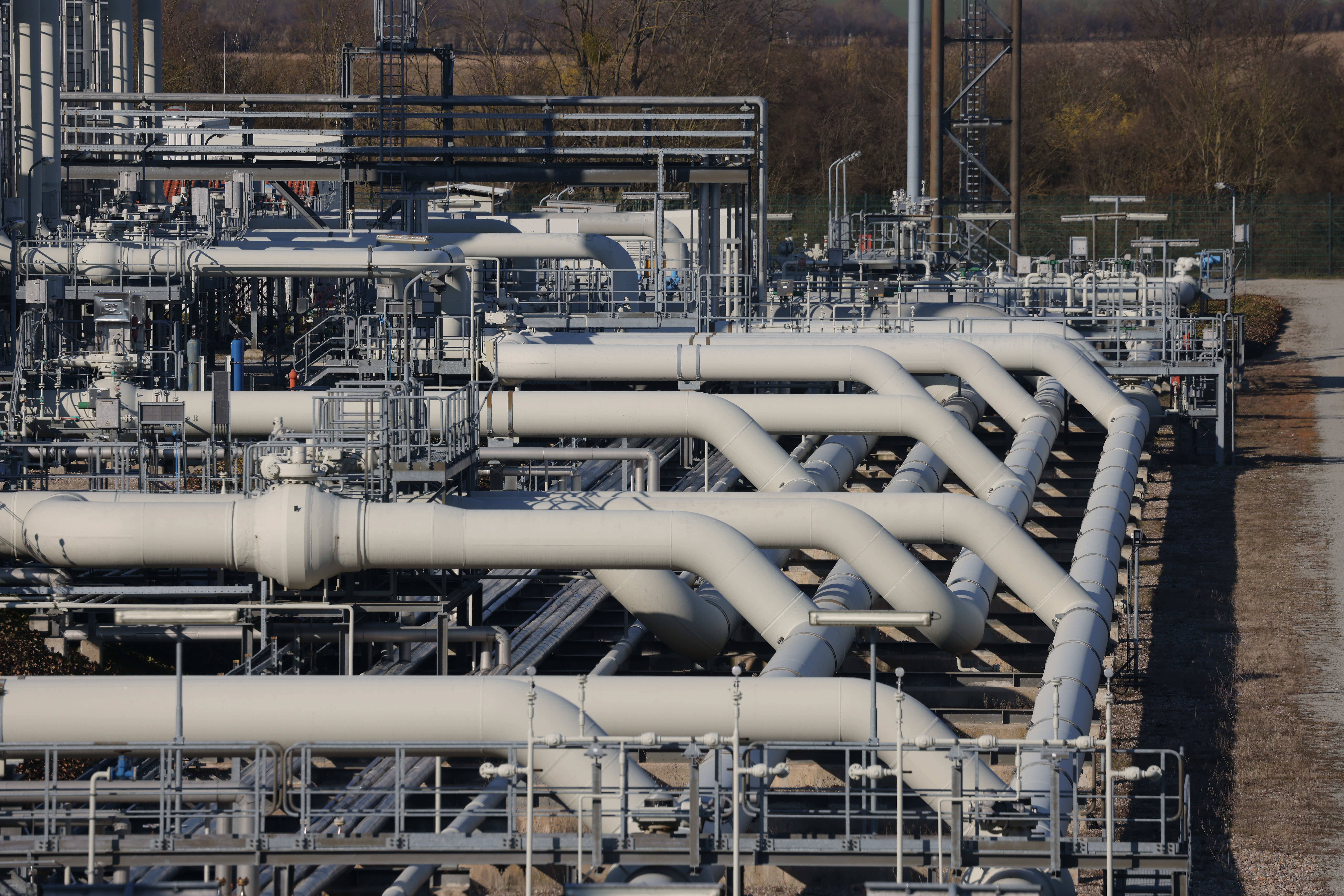Russia’s rouble demands slammed by steel baron Vladimir Lisin

Russia’s plans to demand roubles for exports will undermine the country’s position on global markets, warned steel baron and Russia’s third richest man Vladimir Lisin.
Speaking to Kommersant newspaper, he argued the latest moves contradicted long-established economic policy in Russia – which normally involved “fighting for export markets.”
Commenting on his own steelmaking business, he said: “We’ve been developing relations with thousands of clients in 70 countries. It’s hard to imagine what would convince our buyers to switch to settlements in roubles and incur currency risks.”
“Logistics problems have already complicated delivery of goods. Switching to payments in roubles will just throw us out of international markets.”
Lisin is the chairman and majority shareholder of Novolipetsk (NLMK), one of the four largest steel companies in Russia, with an estimated net worth of $26.6bn.
Last month he told employees at NLMK that lives lost in Ukraine were a tragedy that was hard to justify, and called for a peaceful diplomatic resolution to the conflict.
EU pushes back against Putin’s rouble scheme
The steel baron’s criticisms follow Russian President Vladimir Putin signing into law requirements for overseas parties to buy natural gas in roubles instead of foreign countries.
The decree authorises state-controlled Gazprombank to open foreign currency and rouble accounts for gas purchases.
European buyers can still buy gas in foreign currencies, but will have to authorise Gazprombank to make the conversion into roubles.
The roubles would then be used to formally purchase the gas.
The move was a retaliatory measure to sweeping Western sanctions following Russia’s invasion of Ukraine – with the intention of boosting the country’s currency.
It would also ensure Gazprombank would be immune for European sanctions.
So far, EU leaders have rejected the measure – presenting a united front to the demands for rouble payments, which Germany said amounted to “blackmail”.
However, the Kremlin is currently weighing up an expansion of the scheme to more goods, potentially including coal, oil and timber.
Meanwhile, both Germany and Austria have triggered emergency plans amid fears of supply shortages – with both countries relying on Russia for over half the country’s gas imports.
Europe remains split on the prospect of imposing energy sanctions on Russia, however the UK has pledged to phase out Russian oil while Lithuania has announced a ban on Russian gas.